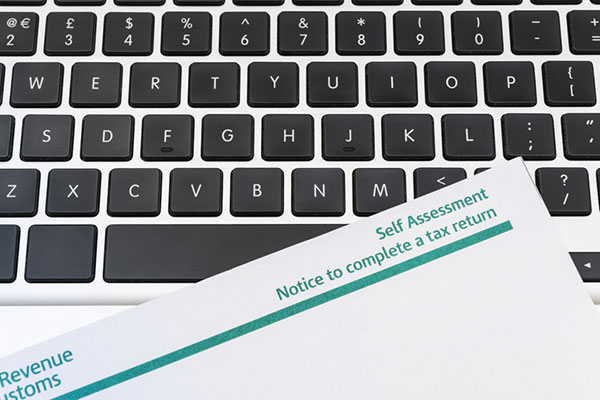Self-Assessment clock is ticking – what can you do?

As you’ll likely be aware, HMRC no longer accept tax payments by personal credit card. The Post Office will not be processing personal tax returns either.
But you don’t need to worry. HMRC still accept a number of alternative payment methods but it’s very important you ensure that payment does reach the taxman by midnight on 31st January 2018.
In this article, we’ve grouped all of the payment options you have by how long they will take to clear, meaning you can plan ahead of the deadline.
Missing the payment deadline will lead to you being charged interest, and even incurring penalties, so keeping organised is absolutely vital.
Clearing time – Same day/next day
- Online or telephone banking (Faster Payments)
- CHAPS – payments made via CHAPS will reach HMRC the same working day, if you pay within your bank’s processing times.
- Corporate/Business credit card, online – there is a non-refundable fee for this service. Only business credit cards can be used to pay tax returns.
- At your bank or building society – you can only pay at your branch by cash or cheque if you still get paper statements from HMRC and still have access to the paying-in slip HMRC sent you.
The following methods will clear too late but it’s useful to know them for next time you make a payment to HMRC.
Clearing time – 3 working days
- BACS – The account details to use for a BACS payment can be found at this page.
- Direct Debit (if you’ve set one up with HMRC previously) - if this is your first Direct Debit payment to HMRC, allow 5 working days for it to process. After this, each payment will take no longer than 3 working days.
- By cheque, through the post – you can print a paying-in slip to use for this method of payment. It can’t be used at a bank.
Clearing time – 5 working days
- As mentioned above, your first Direct Debit payment to HMRC will take 5 working days to clear.
Additionally, you could choose to adjust your tax code to recover any tax due. There are limitations to this method.
If you find yourself in a position where cashflow is an issue, you may be able to negotiate paying off your arrears in instalments. HMRC will only offer this service if you can provide them with:
- Your reference number – this is either your VAT reference number or your unique, 10-digit taxpayer reference,
- The amount of the tax bill you’re having difficulties paying,
- The reasons why,
- How much you can pay on the spot, and how long you’ll need before you can pay the rest, and,
- Your bank account details.
Expect further questions, too. HMRC will ask you about your income and expenditure, as well as your assets such as investments and savings. They’ll also ask you about what exactly it is that you’re doing to sort out your tax payments and use this information to make a decision on your situation.
Their final decision will either mean you have to pay immediately, or you’ll be able negotiate a payment plan. If you’ve had to use this service before, it’s likely HMRC will ask in-depth questions regarding the reasons behind your inability to pay. In more extreme cases, they may ask for evidence.
A less popular payment method is setting up a Budget Plan. This means you pay regular instalments in advance of the payment date, to lighten the financial load once the deadline rolls around.
If you have any questions about paying your tax return, don’t hesitate to get in touch – the deadline is the 31st January.
Call the Panthera team on Panthera accountant today on 01235 768 561 or email enquiries@pantheraaccounting.com.

